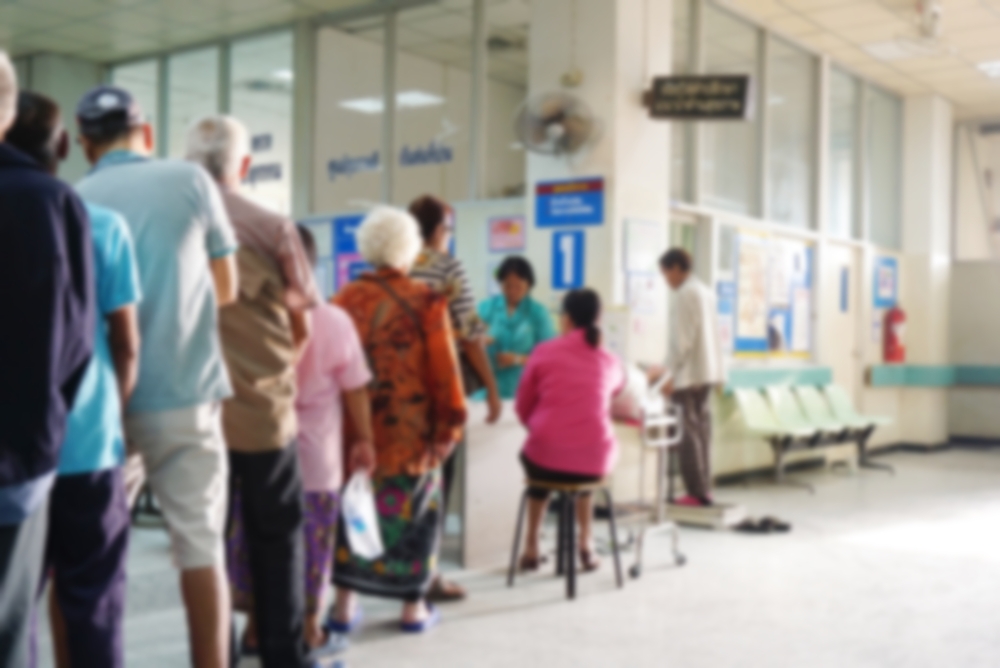
While most Florida residents were boarding up their windows and securing their yards in preparation for Hurricane Irma’s arrival in September, Dr. Hansel Tookes was handing out clean needles and Narcan, the opioid reversal drug, to drug users in Miami.
Tookes, a University of Miami doctor who previously tried to get a needle exchange established in South Florida, worried that drug users who were unable to access medication-assisted treatment in the aftermath of the hurricane would relapse and potentially overdose.
“Hurricanes are stressful, but I think my major concern was people who were reliant on medication-assisted treatment, especially Suboxone and methadone, would not have access to those services in the event of a major storm,” Tookes told PBS. “And therefore would be likely to use heroin and have a risk for overdose because the heroin and the fentanyl on the streets is an extremely powerful combination.”
According to Corine Stancil, the opioid treatment authority in Florida, the state encouraged methadone clinics to give out a week’s supply of the drug before the storm so that people who were unable to reach the clinic would not have their sobriety compromised.
The issue of people being unable to access their medications came to the forefront during Hurricane Sandy, when drug users were cut off from their medication-assisted treatment, said Dr. Babak Tofighi, an associate professor of medicine at New York University. Tofighi interviewed more than 80 people using medication-assisted opioid treatment during Hurricane Sandy and found that many worried about how to access treatment.
“The biggest public health need post disaster isn’t cuts and bruises from falling debris, it’s actually people that run out of medicine,” he said
He said that recent storms have shown that it is important for states to be proactive, allowing clinics to give more than one day’s dose of Suboxone or methadone so that people are able to stay sober even if clinics are unable to open immediately following a natural disaster.
“They need to give take-home doses of methadone. They give take-home doses of Suboxone in advance just in case roads, a lot of other infrastructure is destroyed and act as a barrier for patients coming back to treatment,” Tofighi said.
